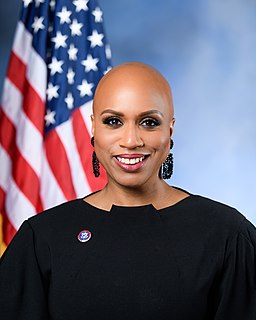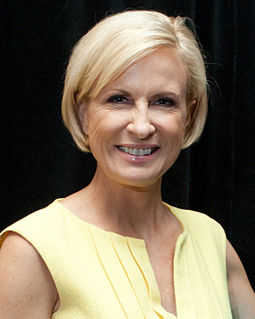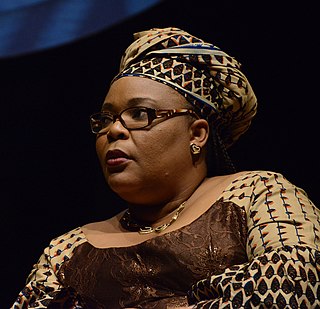A Quote by Kitty Kelley
Studies have been done showing that there really are gender differences, that women do bring more congeniality and compromise to the table.
Quote Topics
Related Quotes
I've been a staunch advocate of women's empowerment, and I've worked hard throughout my career to advance the cause. It is heartening to see that gender equality is really becoming more of a reality. There is still much more to be done, and I'm confident that, by working together, we can empower women worldwide.
The scientists actually have suggested things that ambitious. There are good studies coming out of Stanford, Mark Jacobson for example and others, showing how it can be done. But it really requires a sense of emergency. It cannot be done unless we really understand that literally our lives are on the line.
We have an almost desperate need for more women to run for office and for more women to really gut it out after they have kids and stay in their jobs and get to high positions in companies. We need women at the top more than ever. We need women's voices there because they are very different than men's voices and they bring a very valuable and necessary point of view to the table.
I really lucked out with that song ["As Cool As I Am"]. Men were becoming much more comfortable with all the different facets and parts of their identity, including their gentler, funnier, sillier, nurturing parts. They started showing up. There was so much exploration of gender at that time. Women were showing up with the range of ways of being female in the world and men were showing up with the range of being male in the world.
We have extraordinary women running for us right across Canada, and I look forward to showing that women are needed in positions of power. And I certainly hope that, after people see how effective a cabinet with a gender parity in it is, we're going to draw even more women into politics in subsequent elections.
Men are the ones who often juggle back and forth for power. It is the women who bring humanity to the table - an understanding that beyond the jobs that men are fighting for, there are people out there really waiting for you to do something for life to go on. The only way all of this can happen effectively is if women are at the table as active participants, not as silent observers.
I've always thought about gender, as someone who has been categorically "gender nonconforming" for my entire life, I was forced to think about it, but obviously I became more conscious of it as a social issue as I've gotten older. And as I've met more folks who are genderqueer or trans, it's been really enlightening to hear their stories, and it got me thinking about my own gender history.
When I first got on the internet as a tween, I wasn't comfortable showing up in social spaces. I didn't have a loud voice. As a function of my youth and gender, I wasn't given a voice at the dinner table, and nor maybe should I have been. But I thought I wanted one, and I was able to have it online. I wasn't a great talker, but I found these other skills. And when this stuff is described as "not real writing" or "bad for my brain" or whatever, it just seems like it's from people who wanted to keep their place at the dinner table.

































